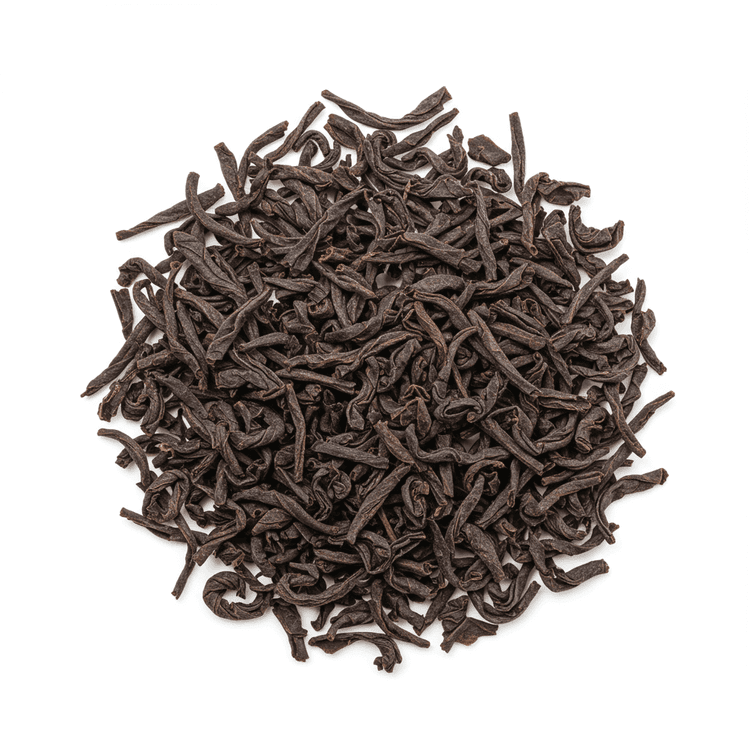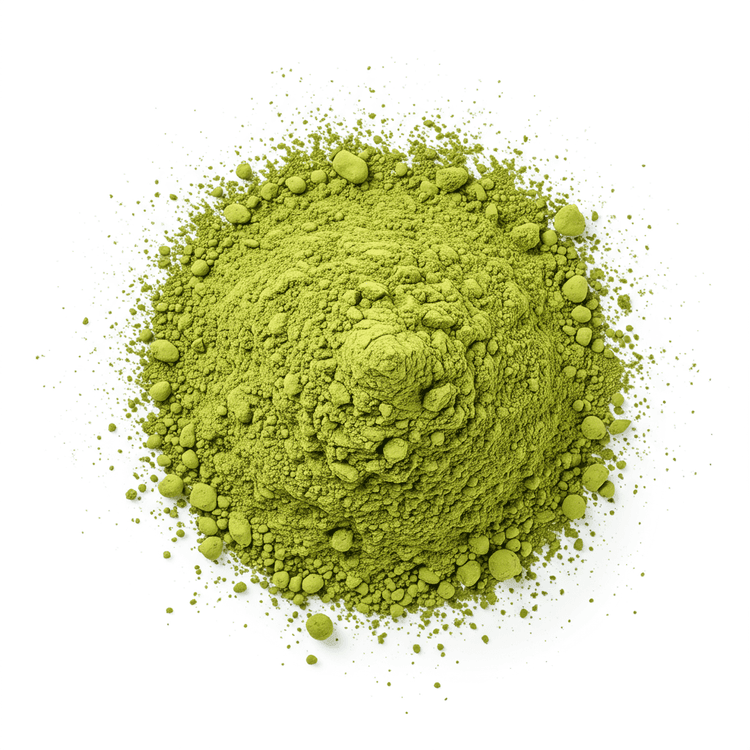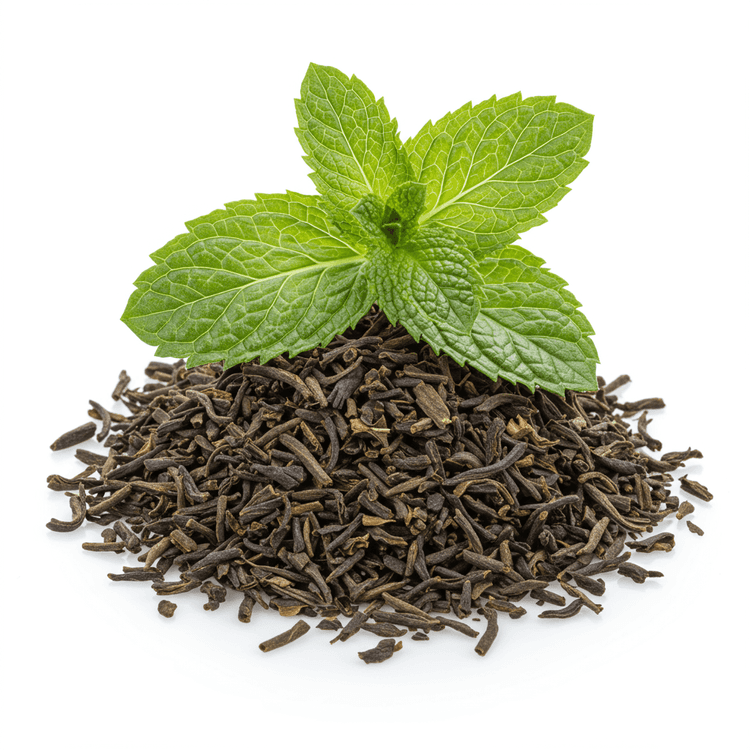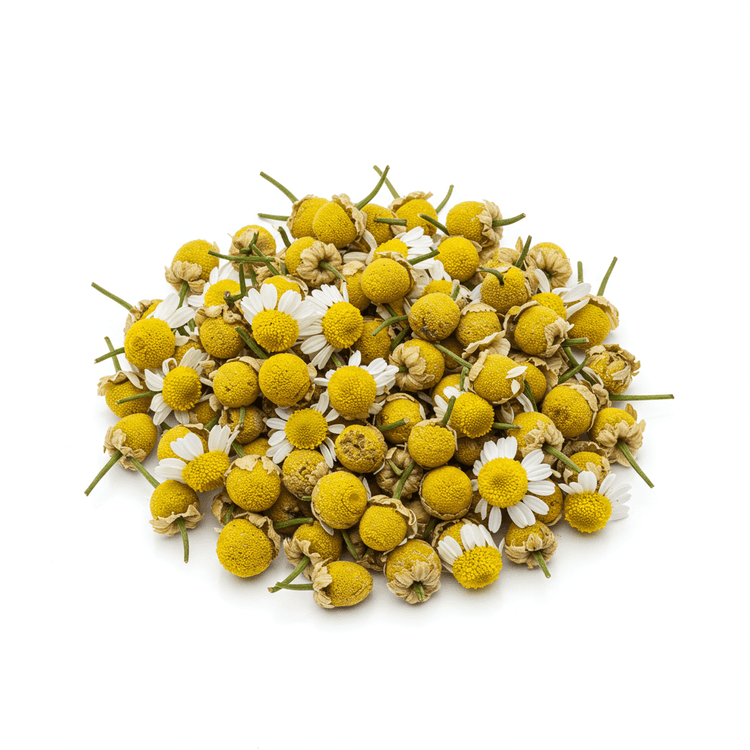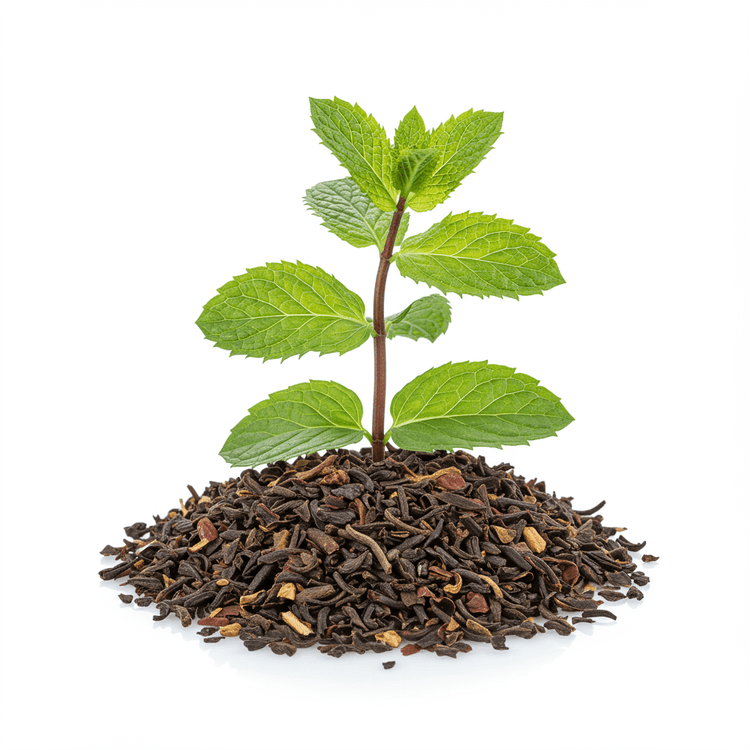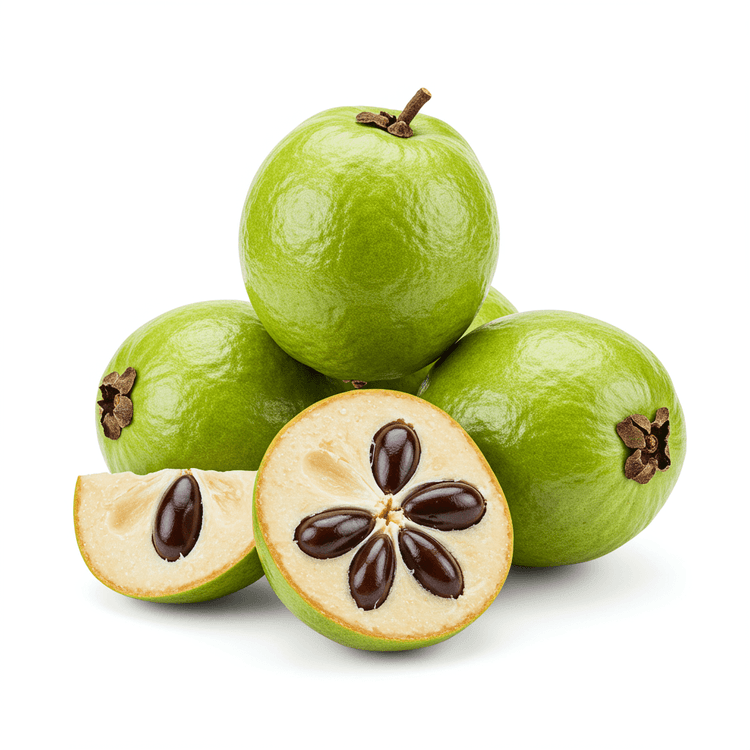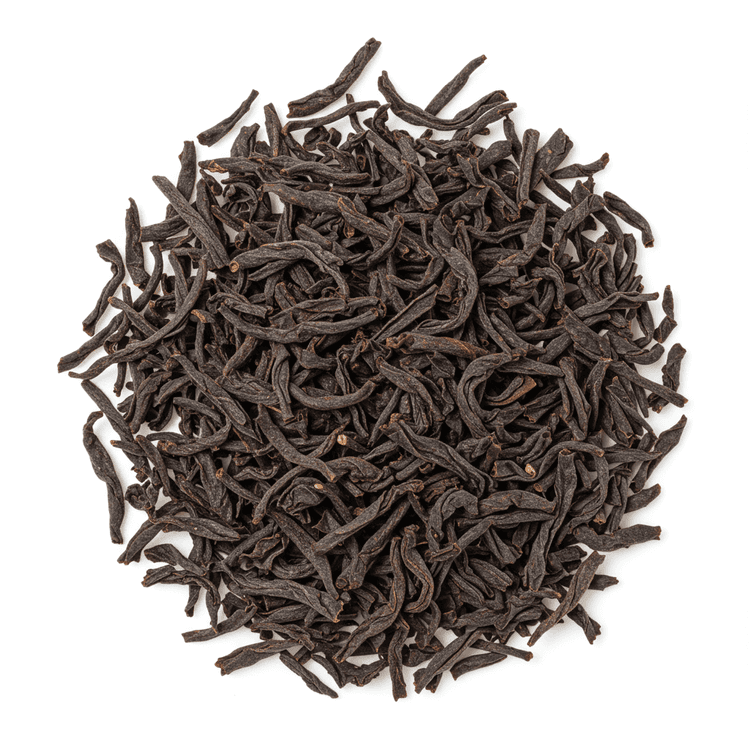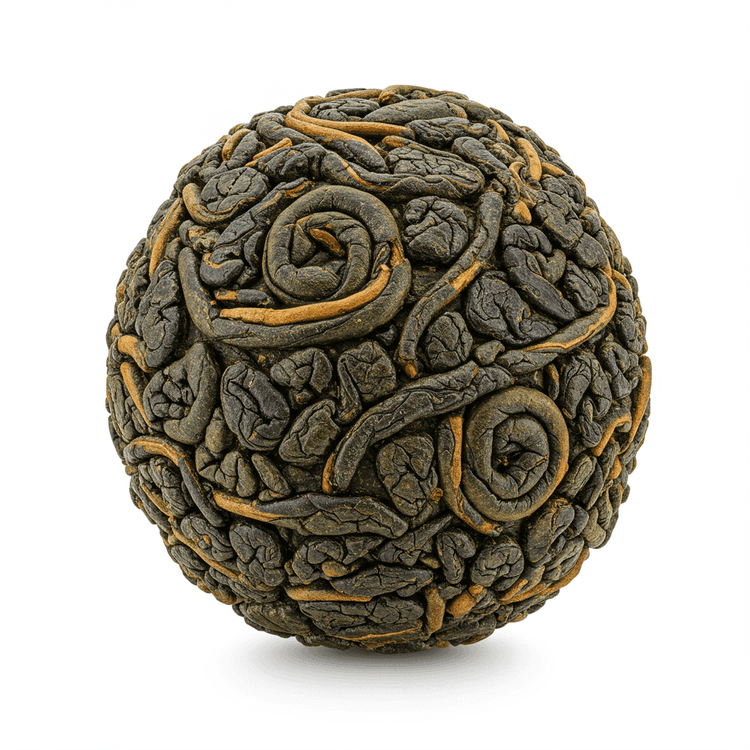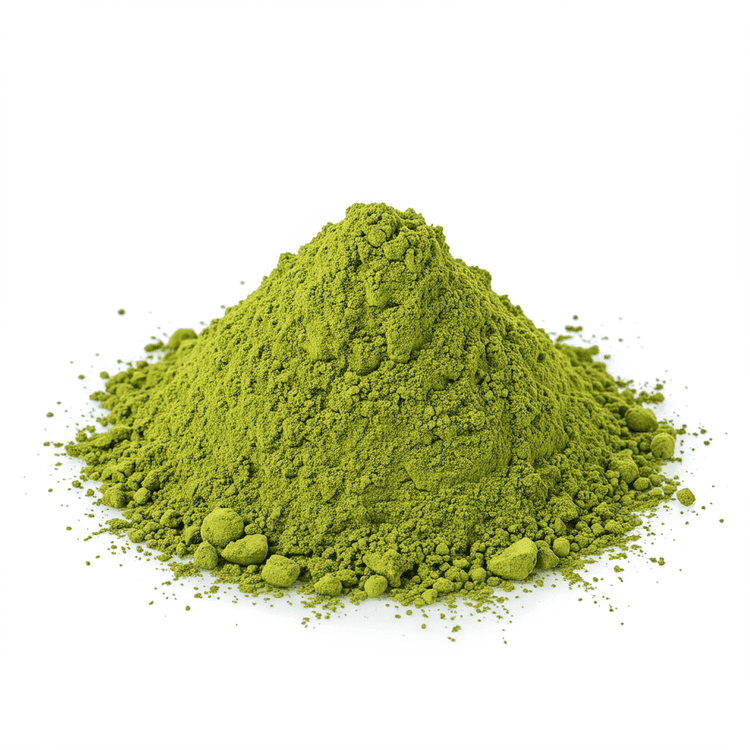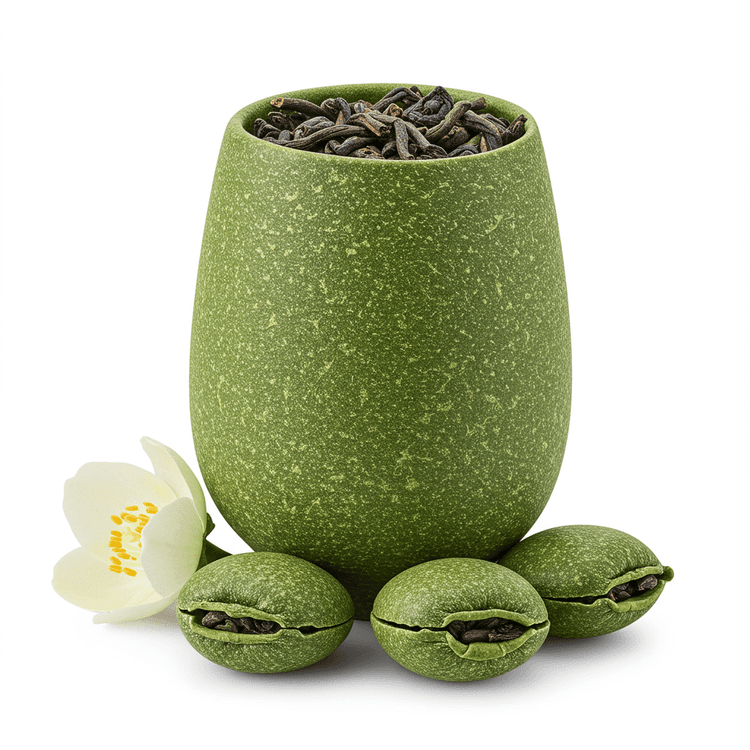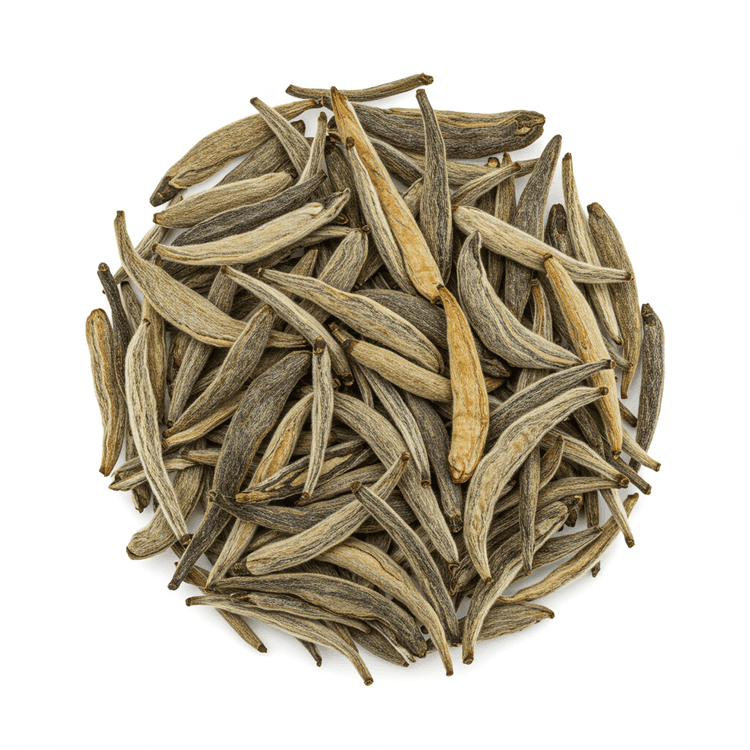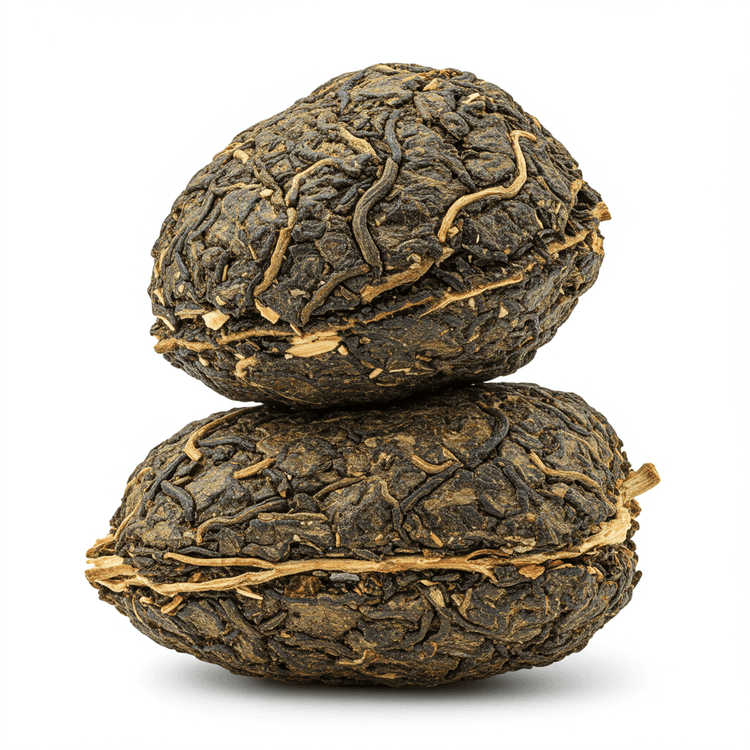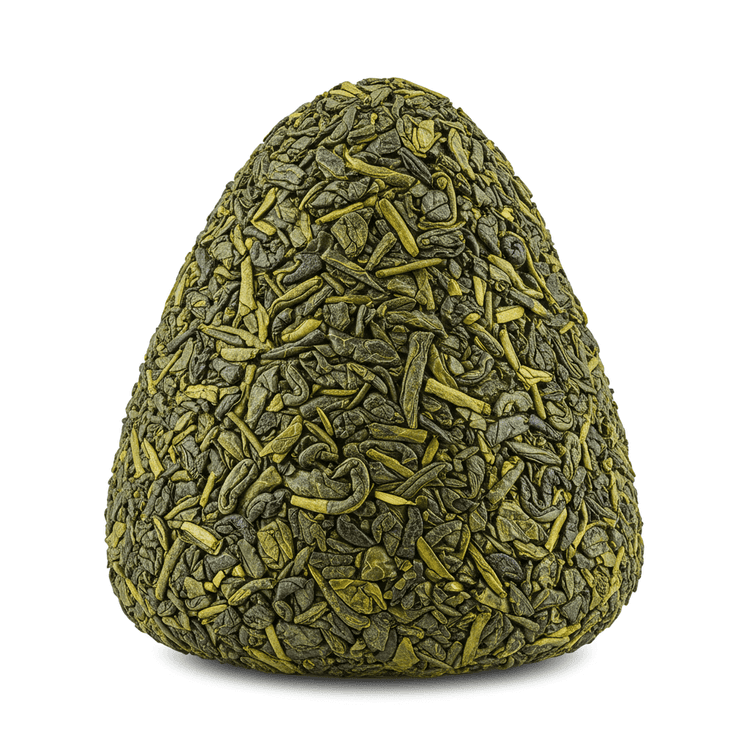
Green Tea
Green tea, derived from the Camellia sinensis plant, is a lightly oxidized tea known for its vibrant green color and refreshing, slightly grassy flavor. The leaves, often delicate and slender, yield a brew that can range from sweet and vegetal to subtly astringent, depending on the variety and preparation. People appreciate green tea for its invigorating aroma and potential health benefits, making it a popular choice for a soothing and antioxidant-rich beverage. Discover the unique flavor profiles and uses of this healthy and versatile tea.
Common Uses
- Green tea is commonly steeped in hot water to create a refreshing and healthy beverage enjoyed hot or iced. The ideal water temperature is around 175°F (80°C) to avoid bitterness.
- Green tea powder, also known as matcha, is whisked into hot water or milk to create a vibrant green tea latte, a popular and energizing drink.
- Green tea extract or leaves are incorporated into baked goods like cakes, cookies, and muffins to add a subtle tea flavor and a touch of green color, offering a unique twist to traditional recipes.
- Green tea is used as a base for sauces and marinades, adding a complex flavor to dishes, especially seafood and chicken. It provides a savory and slightly bitter counterpoint to richer ingredients.
- Green tea is sometimes used as a gentle ingredient in skincare products due to its antioxidant properties, believed to benefit the skin.
- Cold brewed green tea, steeped for several hours in cold water, offers a smoother, less bitter flavor profile ideal for a refreshing summer drink and easier digestion.
Health Benefits
- Rich in antioxidants like catechins, which help protect against cell damage and reduce the risk of chronic diseases.
- May improve brain function and alertness due to its caffeine and L-theanine content.
- Supports heart health by potentially lowering cholesterol and blood pressure levels.
- Can aid in weight management by boosting metabolism and fat burning.
- May reduce the risk of certain types of cancer, including breast, prostate, and colorectal cancer.
- Promotes healthy skin and may protect against sun damage.
Substitutes
Chefadora AI is here.
Experience smarter, stress-free cooking.
Storage Tips
To preserve the flavor and quality of green tea, store it in an airtight container in a cool, dark, and dry place, away from direct sunlight, heat, and moisture. Exposure to these elements can cause the tea to lose its aroma and taste. Avoid storing near strong-smelling foods, as tea readily absorbs odors. Properly stored green tea can maintain its quality for up to 6-12 months.
Marnirni-apinthi Building, Lot Fourteen,
North Terrace, Adelaide, South Australia, 5000
Australia
